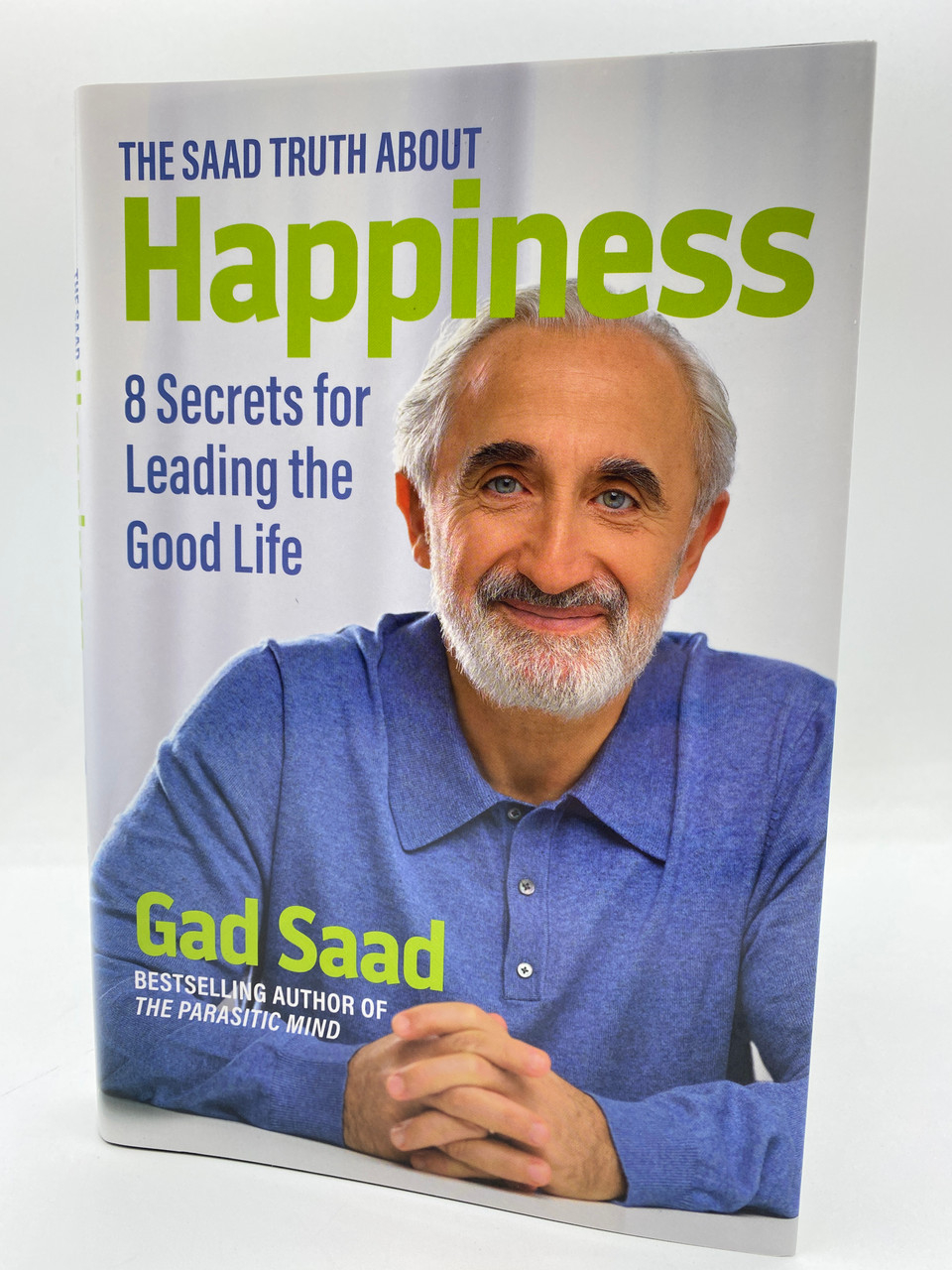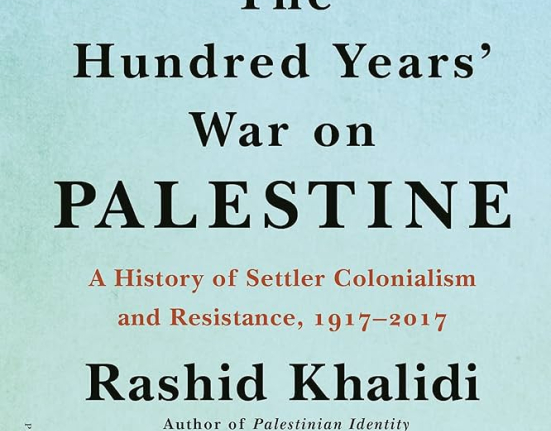by Gad Saad
Gad Saad is a Lebanese-Canadian evolutionary psychologist, professor, and author known for his work in the fields of evolutionary psychology and consumer behavior. He has made significant contributions to understanding how evolutionary principles shape human behavior, particularly in the context of marketing and consumer choices.
One of Gad Saad's books is titled "The Saad Truth about Happiness: 8 Secrets for Leading the Good Life." In this book, Saad explores the concept of happiness through the lens of evolutionary psychology. He delves into eight key secrets that, according to his research, can lead individuals to a happier and more fulfilling life. These secrets are likely grounded in evolutionary principles that have shaped human behavior over millennia. While the exact content of these secrets may vary in the book, they typically revolve around themes such as social connections, purpose and meaning in life, physical health, and embracing one's evolutionary heritage.
Saad combines scientific insights with practical advice, offering readers a framework to enhance their well-being and happiness. His work draws from the intersection of psychology, biology, and philosophy to provide a holistic perspective on what it means to lead a good and happy life.
In summary, Gad Saad is an evolutionary psychologist known for his contributions to understanding human behavior, particularly in consumer choices. His book "The Saad Truth about Happiness: 8 Secrets for Leading the Good Life" explores the concept of happiness through an evolutionary lens and offers readers practical insights into leading a happier and more fulfilling life.
How This Book Can Help Those Sad People of Afghanistan and Iraq Who Suffered from War
The book, "The Saad Truth about Happiness: 8 Secrets for Leading the Good Life," may indirectly help individuals in Afghanistan and Iraq who have suffered from the consequences of the US invasion by offering insights into happiness and well-being. While this book primarily focuses on personal happiness and fulfillment, its principles can be applied to individuals living in challenging circumstances.
Psychological Resilience: The book may provide guidance on building psychological resilience, which can be valuable for people who have experienced trauma and adversity in conflict zones.
Coping Strategies: It could offer coping strategies to deal with stress and adversity, which are relevant to those who have lived through difficult times.
Emotional Well-being: Understanding the secrets to happiness outlined in the book might help individuals find moments of joy and contentment even in challenging environments.
Community Building: Some principles of the book may emphasize the importance of social connections and support networks, which can be beneficial for people trying to rebuild their lives and communities after conflict.
Personal Growth: The book may encourage personal growth and a sense of purpose, which can be meaningful for those seeking to overcome the scars of war.














